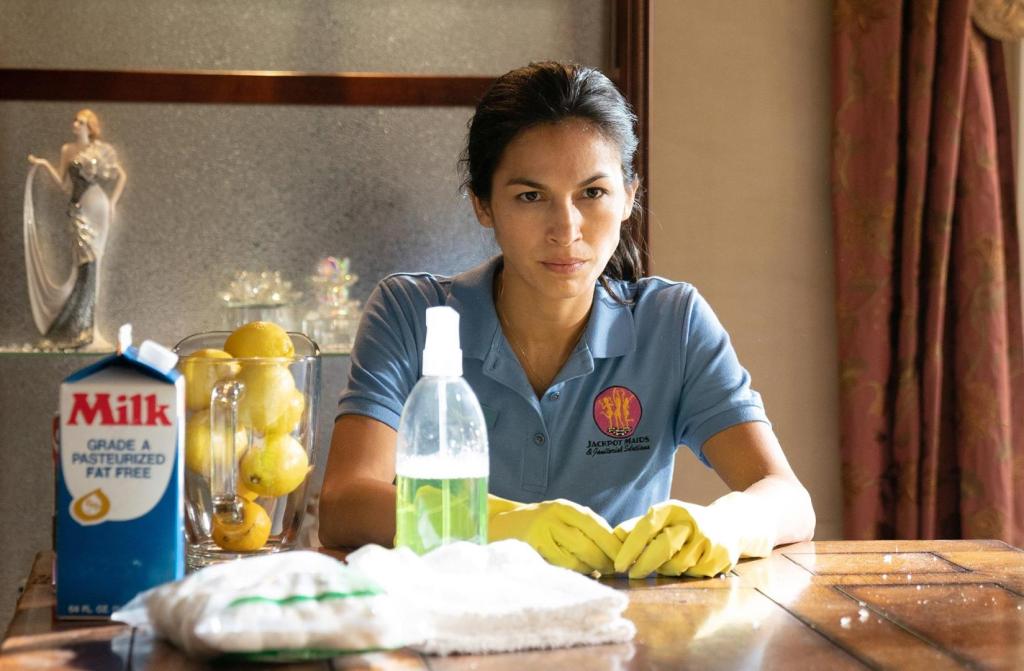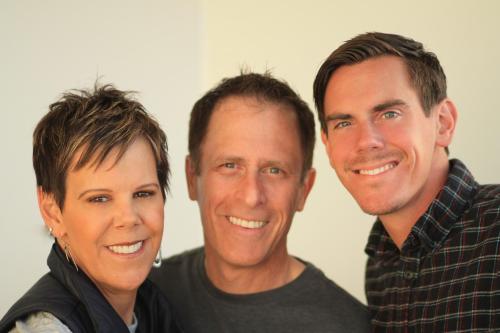
-
Understanding primary immunodeficiency (PI)

Understanding PI
The more you understand about primary immunodeficiency (PI), the better you can live with the disease or support others in your life with PI. Learn more about PI, including the various diagnoses and treatment options.
-
Living with PI
-
Addressing mental health
-
Explaining your diagnosis
- General care
- Get support
- For parents and guardians
-
Managing workplace issues
- Navigating insurance
-
Traveling safely

Living with PI
Living with primary immunodeficiency (PI) can be challenging, but you’re not alone—many people with PI lead full and active lives. With the right support and resources, you can, too.
-
Addressing mental health
-
Get involved

Get involved
Be a hero for those with PI. Change lives by promoting primary immunodeficiency (PI) awareness and taking action in your community through advocacy, donating, volunteering, or fundraising.
-
Advancing research and clinical care
-
Research Grant Program
-
Consulting immunologist
-
Diagnosing PI
-
Getting prior authorization
-
Clinician education
-
Survey research
-
Participating in clinical trials

Advancing research and clinical care
Whether you’re a clinician, researcher, or an individual with primary immunodeficiency (PI), IDF has resources to help you advance the field. Get details on surveys, grants, and clinical trials.
-
Research Grant Program
“The Cleaning Lady,” a new Fox television drama, spreads much-needed awareness about persons with rare primary immunodeficiencies, but ultimately falls prey to tropes that don't accurately depict families dealing with such complicated diagnoses.

“The Cleaning Lady,” which airs on Fox Mondays at 9 p.m., is the story of Thony, a mother and undocumented immigrant, and her son Luca, who has a “rare immune deficiency,” according to the show.
When a donor for a stem cell transplant for Luca backs out, doctors refer the family to a transplant center in Las Vegas for a gene therapy clinical trial. The transplant center denies Thony an appointment because her visa has expired, and they are concerned that she and Luca may be deported during the gene therapy clinical trials.
Meanwhile, circumstances force Thony to work for a Las Vegas-based mob, cleaning up crime scenes. Impressed with her performance and discretion, the mob coerces the transplant center into accepting Luca into the gene therapy trial.
While the overarching theme that persons with rare PIs can be treated with lifesaving procedures like stem cell transplant, also known as bone marrow transplant (BMT), and gene therapy is correct, details surrounding the type of PI and the journey to treatment don’t align with what a parent and child would experience in the real world.
Diagnosis of any PI is crucial for proper treatment, but since the show does not reveal Luca’s specific diagnosis, the choice and progression of his treatment are called into question.
If Luca is eligible for BMT, as the show indicates, he would have a rare PI such as severe combined immunodeficiency (SCID) or chronic granulomatous disease (CGD).
However, Luca, age 5 in the show, could not have SCID. Babies born with SCID have no functioning immune system and typically die from infection in their first year of life without treatment from BMT or gene therapy.
Luca could have CGD, but children with CGD struggle with a collection of chronic health problems such as infection due to bacteria and fungi and granulomas that compress vital organs. They typically take prophylaxis antibiotics and gamma interferon and must be hospitalized for their infections. Viewers don’t see Luca undergoing any of these experiences.
Furthermore, the treatment for Luca’s rare PI is at first a BMT but then changes to gene therapy because a bone marrow donor cannot be found.
A BMT replaces blood-forming cells with the CGD mutation with ones from a donor that can produce functional white blood cells, resulting in an immune system that fights infection. In gene therapy, doctors fix the child’s own mutated gene to provide the child with a healthy immune system.
While finding a donor for a BMT can be challenging, as depicted in the show, doctors will typically explore many sources for donor stem cells including siblings, parents, unrelated bone marrow donors, and unrelated cord blood donors. Rarely are doctors unable to find a match.
If doctors cannot find a match for a BMT, gene therapy might be a possibility, but a clinical trial would have to be open, and a patient would have to qualify. Most likely, doctors would intervene for the patient, and assist in making an appointment concerning gene therapy trials. In the show, Thony is left to navigate this process alone.
Infection control for those with PI is also paramount to survival. The show does depict Thony washing her hands when she returns home and then showering before she touches Luca, which is an appropriate protocol for parents of a child with a PI. To protect their child from infection, parents of children with PI do handwash, avoid sick people, vaccinate close contacts, and mask.
Isolation is also important in some cases for infection control for those with rare PI. However, Thony keeps Luca behind plastic enclosures, both in the house and outside. When Luca goes out in public, he wears an astronaut suit and rubber gloves. These types of measures for infection control aren’t necessary with advancements in medicine and treatment.
IDF appreciates that “The Cleaning Lady” highlights the urgency of addressing rare PI at a young age, but the show could do a better job at illustrating the details of PI diagnosis and treatment, and how a family copes with the myriad challenges.
Related resources
Sign up for updates from IDF
Receive news and helpful resources to your cell phone or inbox. You can change or cancel your subscription at any time.





The Immune Deficiency Foundation improves the diagnosis, treatment, and quality of life for every person affected by primary immunodeficiency.
We foster a community that is connected, engaged, and empowered through advocacy, education, and research.
Combined Charity Campaign | CFC# 66309




